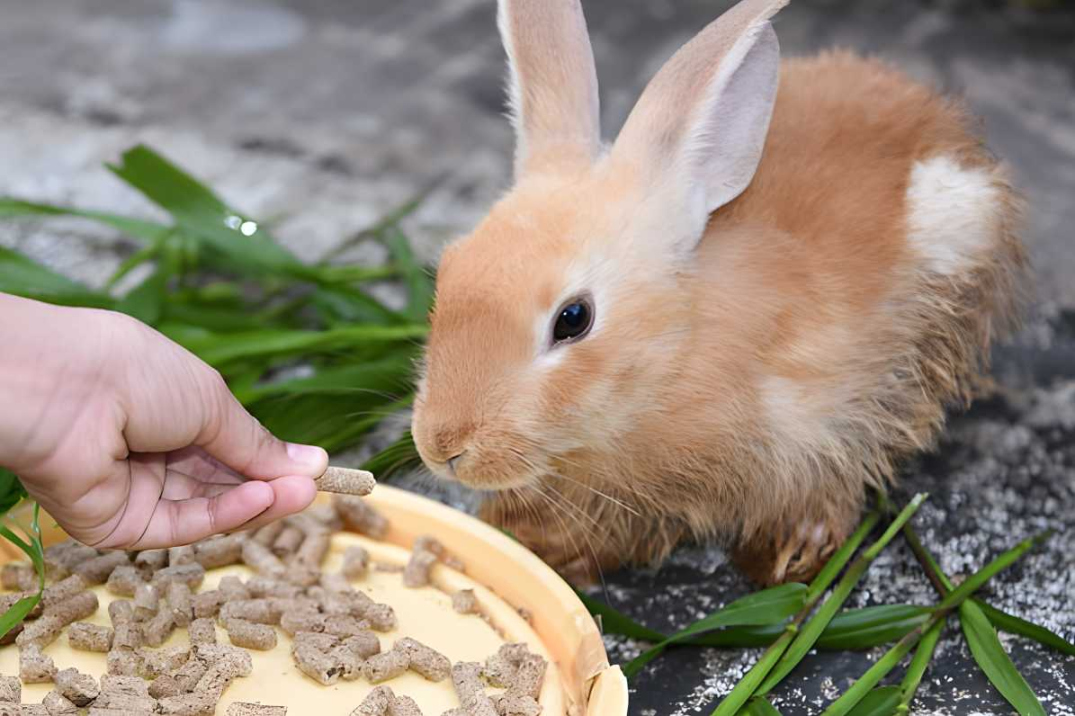How Long Can a Rabbit Go Without Food?
Rabbits are adorable and gentle creatures that require proper care and attention. One of the most crucial aspects of rabbit care is ensuring they have a well-balanced diet. However, there may be instances where a rabbit goes without food for various reasons. In this article, we will explore how long a rabbit can go without food and the potential implications of such a situation.

Factors Affecting a Rabbit’s Ability to Go Without Food
Several factors can influence a rabbit’s ability to go without food for an extended period. These factors include:
- Age: Younger rabbits have a higher metabolic rate, making it more challenging for them to sustain themselves without food compared to adult rabbits.
- Health: Rabbits with underlying health issues may not be able to tolerate food deprivation as well as healthy rabbits.
- Weight: Overweight rabbits tend to have more fat reserves, allowing them to survive longer without food compared to underweight rabbits.
- Environmental conditions: Extreme temperatures can impact a rabbit’s ability to go without food. In cold weather, rabbits may require more energy to maintain their body temperature.
How Long Can a Rabbit Go Without Food?
Rabbits have a unique digestive system that relies heavily on a constant intake of high-fiber foods. Unlike some other animals, rabbits cannot vomit or regurgitate their food, making it essential for them to have a continuous flow of food to keep their digestive system functioning properly.
In general, a healthy adult rabbit can go without food for approximately 12-24 hours without severe consequences. However, it is important to note that rabbits should always have access to fresh water, as dehydration can occur much more quickly and have severe consequences.
Potential Consequences of Food Deprivation
Food deprivation can lead to various health issues and complications for rabbits. Some potential consequences include:
- Gastrointestinal stasis: If a rabbit goes without food for an extended period, it can disrupt their digestive system, leading to gastrointestinal stasis. This condition can cause a slowdown or complete stoppage of the gut’s movement, resulting in bloating, pain, and potentially fatal complications.
- Liver problems: When a rabbit doesn’t eat for an extended period, their liver can start producing excessive amounts of fat, leading to hepatic lipidosis. This condition can be life-threatening if not addressed promptly.
- Muscle wasting: Prolonged food deprivation can result in muscle wasting, causing weakness and overall deterioration of the rabbit’s health.
- Weakened immune system: Lack of proper nutrition weakens the immune system, making rabbits more susceptible to various infections and diseases.
FAQs
1. Can a rabbit survive solely on hay?
Yes, hay is an essential part of a rabbit’s diet, and they can survive on it alone. However, it is crucial to ensure that the hay is of high quality and free from dust or mold.
2. Should I force-feed my rabbit if they haven’t eaten for a few hours?
It is generally not recommended to force-feed a rabbit. Instead, monitor their behavior closely and encourage them to eat by providing their favorite fresh vegetables or offering small portions of their regular diet.
3. How long can a baby rabbit go without food?
Baby rabbits, also known as kits, have a more delicate digestive system and should not go without food for more than 6-8 hours. It is essential to consult a veterinarian immediately if a baby rabbit refuses to eat.
4. Can stress cause a rabbit to stop eating?
Yes, stress can lead to a reduced appetite in rabbits. Changes in their environment, introduction to new animals, or loud noises can all contribute to stress-induced loss of appetite. It is important to provide a calm and secure environment for rabbits to maintain their well-being.
While a healthy adult rabbit can survive without food for approximately 12-24 hours, it is never ideal to deprive them of food for extended periods. Food deprivation can have severe consequences on a rabbit’s health, including gastrointestinal stasis, liver problems, muscle wasting, and a weakened immune system. It is crucial to monitor a rabbit’s eating habits closely and consult a veterinarian if they refuse to eat for an extended period. Remember, a well-balanced diet is vital for the overall well-being and longevity of these delightful little creatures.
Related Articles…
Copyright Notice:
The images displayed here are sourced from the internet, with copyrights held by respective owners. For removal of any copyrighted image, please email us.